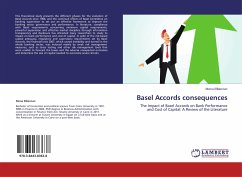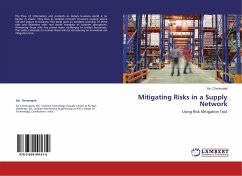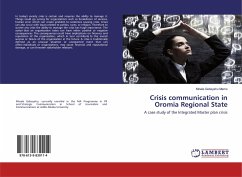This theoretical study presents the different phasesfor the evolution of Basel Accords since 1988, andthe continual efforts of Basel Committee on bankingsupervision to set out an effective framework toimprove the banking sector governance andperformance. In literature, compliance with Baselrequirements concerning minimum capital requirements,powerful supervision and effective market disciplinethrough information transparency and disclosure hasattracted many researchers to study its impact onbank performance and cost of capital. In spite of therisk-based capital adequacy, regulatory andsupervisory requirements set by Basel Accords, thefinancial crisis 2007, which causes instability andturmoil in the whole banking sector, was inducedmainly by weak risk management measures, such asstress testing and other risk management tools thatwere unable to forecast the losses and the adverseunexpected outcomes and determine the size of capitalneeded to overcome severe shocks.
Bitte wählen Sie Ihr Anliegen aus.
Rechnungen
Retourenschein anfordern
Bestellstatus
Storno








